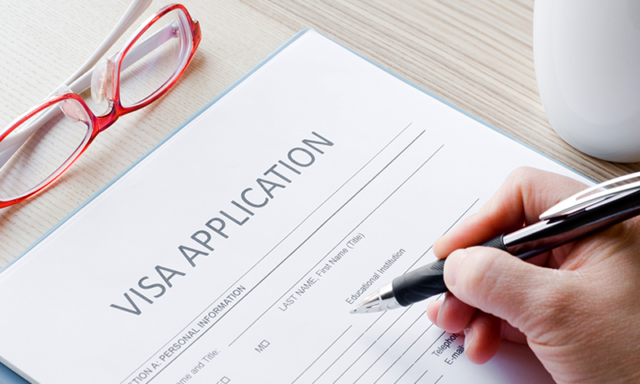Filing an annual tax return is a standard responsibility in many countries, including the Netherlands. Generally, each country has its own specific rules, deadlines, and procedures for individuals and businesses to fulfill their tax obligations.
Despite efforts to simplify the process, international residents may find the Dutch system complex due to their prior experiences with different tax regulations. Therefore in this article, we will guide you through the essential aspects of Dutch tax returns and the importance of the Jaaropgave in this process.
The purpose of filing a tax return
Filing a tax return in the Netherlands ensures you accurately report your income and pay the correct amount of tax, fulfilling your legal obligations. The government will use your income tax declaration to determine whether you owe additional taxes or are entitled to a refund. Filing a tax return also allows you to access various government benefits that require income verification.
Is it mandatory to file a tax return in the Netherlands?
In the Netherlands, filing a tax return is not always mandatory for everyone. However, there are several situations where you are required to file:
- If you receive an invitation (aangiftebrief) from the Dutch Tax Administration (Belastingdienst).
- If your income exceeds certain thresholds or you have substantial assets.
- If you’re self-employed or run a business.
- If you own a house in the Netherlands.
Even if you’re not required to file, it may be beneficial to do so voluntarily, as you might be eligible for tax refunds or deductions.
What is the deadline for filing your tax return?
The standard deadline for filing your Dutch tax return is May 1st of the following year. For example, for the 2025 tax year, the deadline would be May 1st, 2026. However, if you’re unable to meet this deadline, you can request an extension until September 1st.
Receiving a reply on your income tax return
If you file your tax return before April 1st, you’ll receive a message from the Belastingdienst before July 1st. For returns filed after April 1st, the tax authority aims to send a notification within three months.
If you’ve received a tax assessment indicating a refund, the amount will be credited to your account within one week of the assessment date.
The Jaaropgave / Annual Statement
The Jaaropgave, also known as the annual income statement, is a crucial document for filing your Dutch tax return and verifying the pre-filled information in your tax form. Here’s what you need to know:
- It’s provided by your employer and summarizes your income and tax information for the previous year.
- The Jaaropgave typically includes details such as your gross salary, tax and social security contributions, and any tax credits applied.
- Employers are required to provide the Jaaropgave by the end of February for the previous tax year.
- If you had multiple employers in a year, you should receive a Jaaropgave from each of them.
What tax form should you file?
The type of tax form you need to file depends on your residency status and personal situation:
- Form M: This is for individuals who became residents or left the Netherlands during the tax year.
- Form P: This is for residents of the Netherlands who lived in the country for the entire tax year.
- Form C: This is for non-residents who earned income in the Netherlands but lived abroad.
Most people can file their tax return online using the DigiD system. However, in some cases, you may need to file a paper form. The tax authorities generally advise waiting until March 1st to download your tax return form, as some information will already be pre-filled by that date.
The Box system
The Dutch tax system uses a unique “box” structure to categorize and tax different types of income. This system consists of three boxes, each with its own tax rates and rules:
- Box 1: Tax on income from work and home ownership.
- Box 2: Tax on substantial interests (dividends and capital gains from owning at least 5% of shares in a company).
- Box 3: Tax on savings and investments (savings, shares and second homes).
Important considerations for international residents
International residents face some unique situations when filing Dutch tax returns:
- 30% ruling: Highly skilled migrants may be eligible for this tax advantage, which allows them to receive a portion of their salary tax-free.
- Double taxation agreements: The Netherlands has treaties with many countries to prevent double taxation. Understanding these agreements is crucial for international residents.
- Worldwide income: As a Dutch resident, you’re typically required to report your worldwide income, not just income earned in the Netherlands.
- Box 3 taxation: If you have substantial savings or investments outside the Netherlands, these may be subject to Box 3 taxation.
- Language barrier: While some information is available in English, official communications from the Belastingdienst are usually in Dutch. Consider seeking professional help if needed.
Remember, tax laws can be complex and change frequently. If you’re unsure about any aspect of filing your Dutch tax return, we encourage you to check out the resources provided by the Belastingdienst or consult a tax professional.






